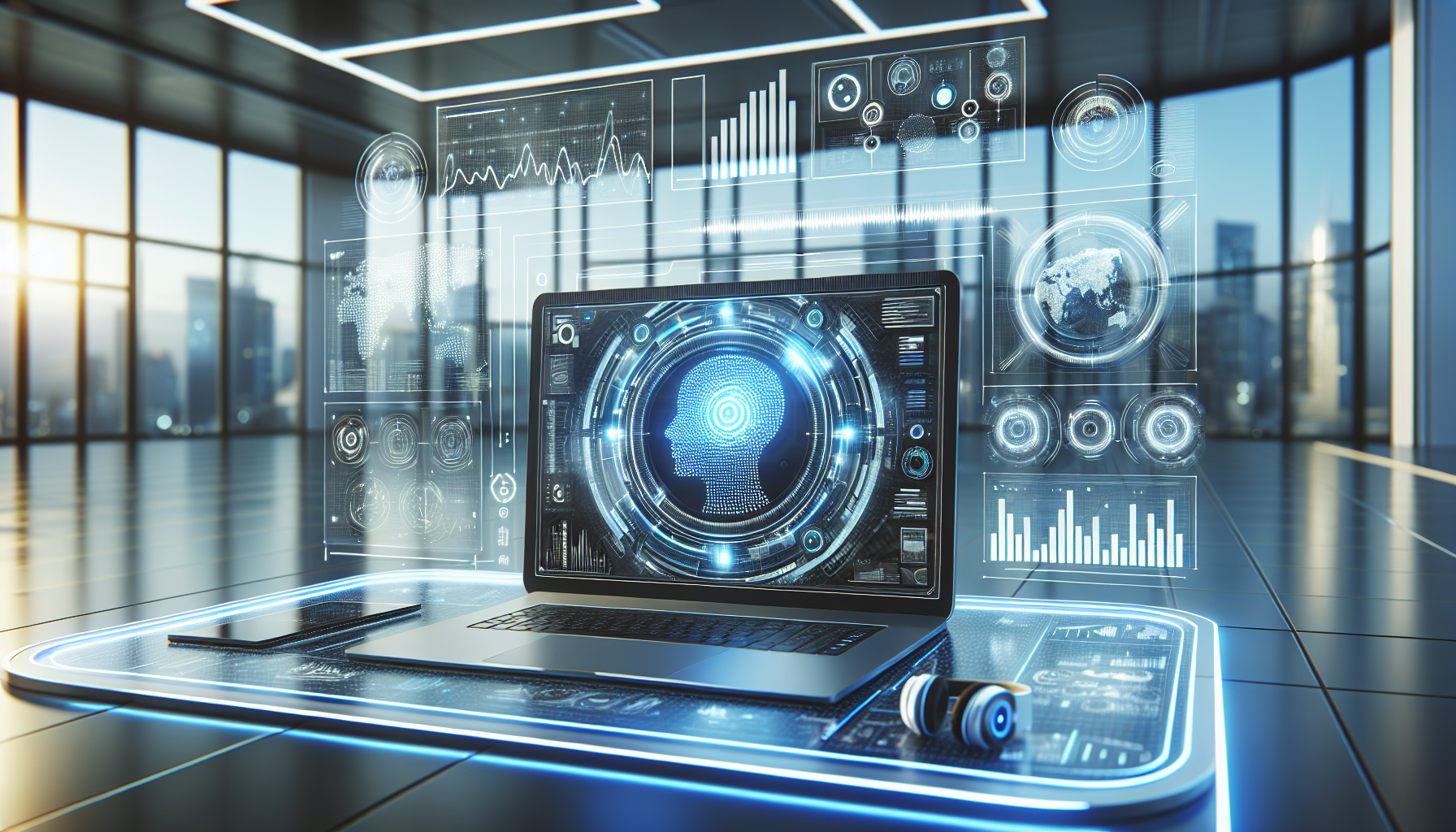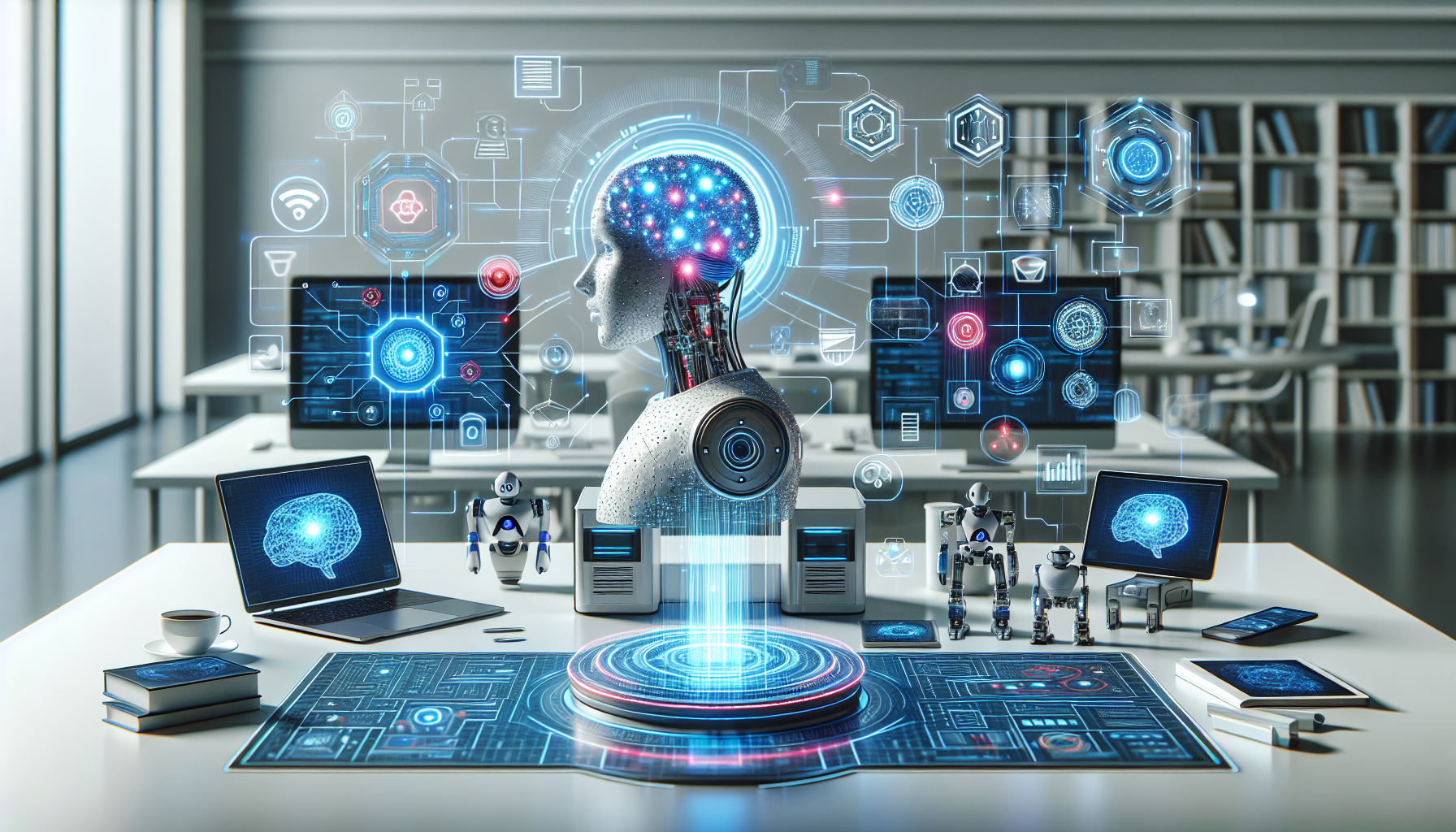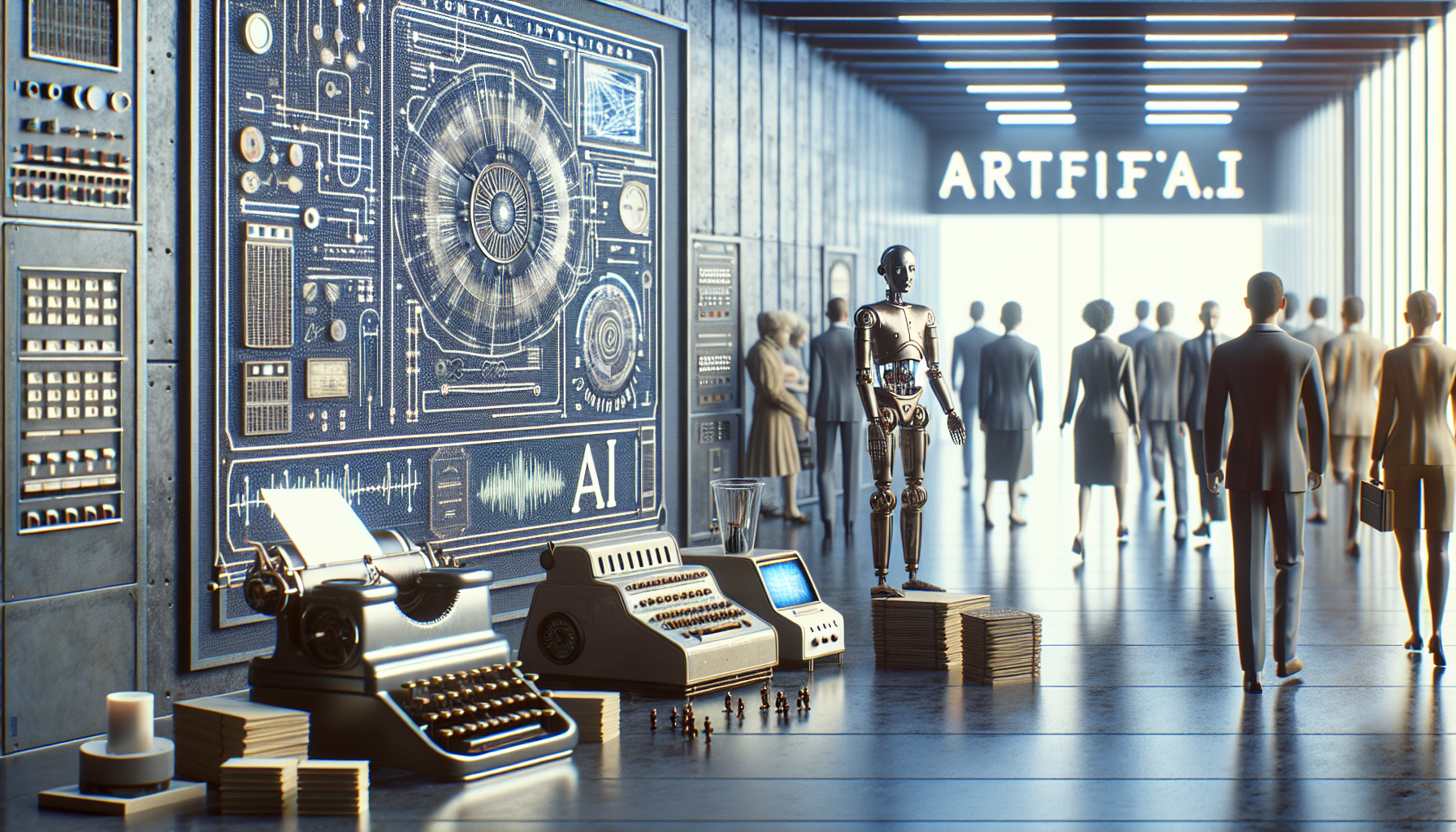
Artificial Intelligence and Human Behavior: Unraveling the Psychological Impact
June 4, 2025
Artificial intelligence, a transformative force reshaping our lives, is not merely a technological phenomenon but a profound psychological experiment we are collectively experiencing. As AI increasingly permeates various aspects of our daily routines, it subtly influences our thoughts, behaviors, and interpersonal relationships. Understanding these psychological effects is crucial as we navigate this new frontier.
Imagine waking up to a world where AI assistants plan your day, recommend your meals, and even suggest whom you should date. While this might sound like science fiction, it is rapidly becoming our reality. AI's integration into daily life is altering how we perceive ourselves and interact with others. This trend demands our attention, not just for its technological implications but for its psychological ripple effects.
One of the most profound impacts of AI on human behavior is its ability to shape our decision-making processes. Historically, humans have relied on intuition and personal judgment. However, AI's data-driven insights are beginning to override these instincts. People are increasingly trusting algorithms over their judgment, leading to a potential erosion of personal agency. This dependency on AI for decision-making could diminish our confidence in making choices independently, subtly reshaping our cognitive patterns.
Moreover, AI's influence extends to our social interactions. The rise of AI-powered communication tools, from chatbots to virtual assistants, is changing the dynamics of human relationships. These technologies offer convenience but risk reducing the depth and authenticity of our interactions. Conversations mediated by AI can lack the emotional nuance of human-to-human communication, potentially leading to superficial relationships. As we grow accustomed to these interactions, we might inadvertently prioritize efficiency over emotional connection, altering the fabric of our social lives.
Additionally, AI's role in personalization is a double-edged sword. While tailored recommendations enhance user experience, they also create echo chambers, reinforcing existing beliefs and biases. This phenomenon can lead to a narrow worldview, as individuals are exposed predominantly to information that aligns with their preferences. In a world increasingly divided by opinions, this echo chamber effect, fueled by AI, could exacerbate social polarization, impacting community cohesion and collective understanding.
The psychological impact of AI is not limited to individual behavior but extends to broader societal norms. The widespread use of AI in surveillance and data collection raises critical questions about privacy and autonomy. As individuals become more aware of being monitored, behavior may shift towards conformity, reducing the diversity of thought and expression. This surveillance culture could stifle creativity and innovation, as people may become hesitant to deviate from perceived norms, fearing repercussions.
Furthermore, the integration of AI into the workplace is transforming professional environments. While AI can enhance productivity and efficiency, it also poses significant challenges to mental health. The fear of job displacement due to automation creates anxiety and uncertainty among workers, impacting morale and job satisfaction. The constant pressure to upskill and adapt to AI-driven changes can lead to stress and burnout, highlighting the need for supportive measures to ensure psychological well-being in AI-enhanced workplaces.
Despite these challenges, AI also offers opportunities for positive psychological impacts. For instance, AI-driven mental health applications provide accessible support for individuals struggling with mental health issues, breaking down barriers to care. These tools can offer personalized interventions, making mental health support more inclusive and effective. However, the reliance on AI for such sensitive areas necessitates a careful balance between technological advancement and ethical considerations.
As we delve deeper into the psychological effects of AI, it becomes clear that this technology is not just reshaping our external environments but is also influencing our inner landscapes. The challenge lies in navigating these changes thoughtfully, ensuring that AI enhances human potential rather than diminishing it. By fostering a deeper understanding of AI's psychological impact, we can make informed choices about its role in our lives.
In this era of rapid technological evolution, an essential question emerges: How can we harness the power of AI to enrich our human experience without compromising our psychological well-being? As AI continues to advance, our ability to adapt and thrive will depend on our willingness to engage with these questions, seeking solutions that prioritize our humanity alongside technological progress.


